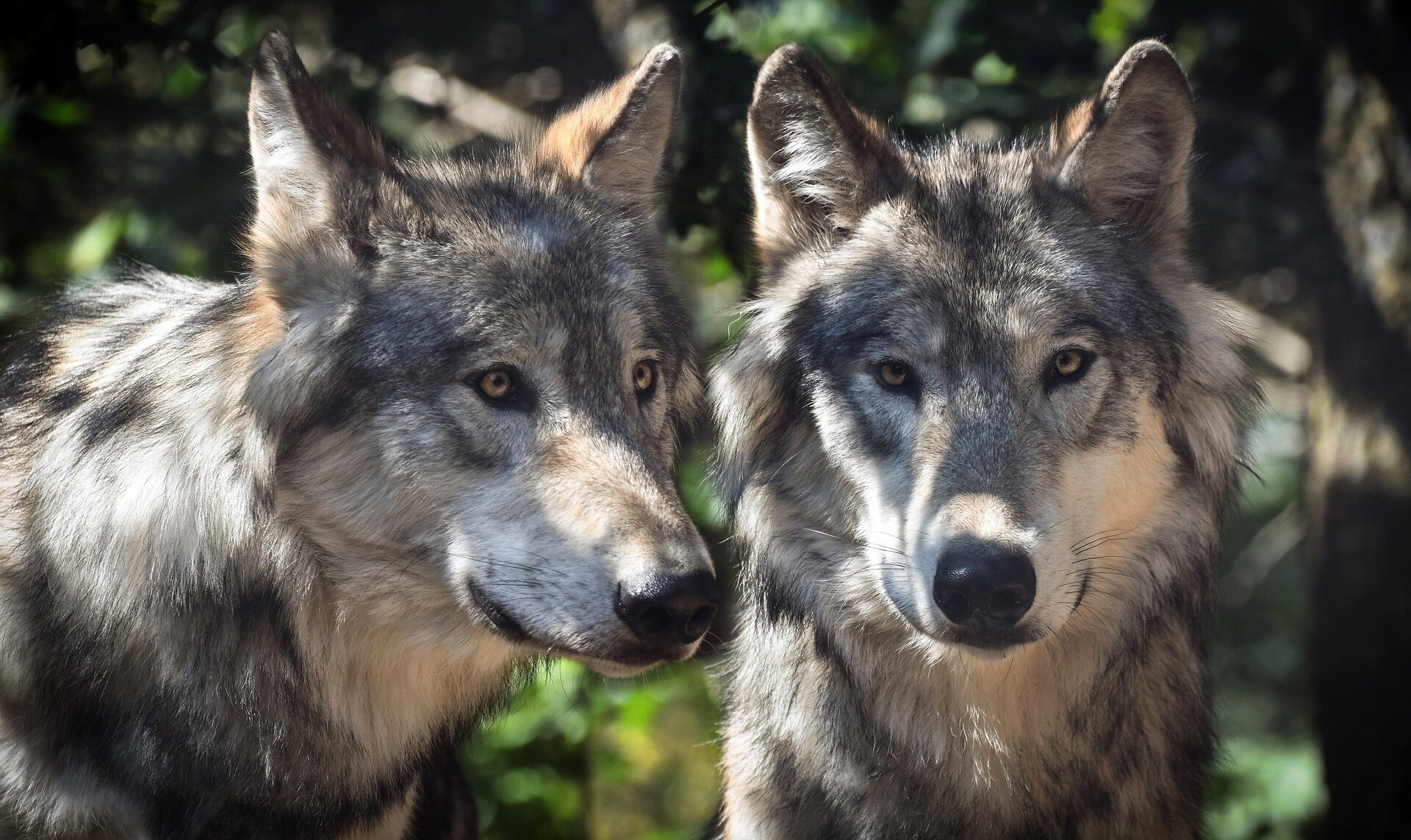Biden Administration Urged to Restore Protections to Wolves in Northern Rockies
To prevent the states’ planned wolf extermination, a coalition of conservation organizations is pushing to restore wolves’ federal safeguards.
More than 50 wildlife conservation groups are urging the U.S. Fish and Wildlife Service to immediately restore Endangered Species Act protections to gray wolves in the Northern Rocky Mountains.
The letter comes after the states of Idaho and Montana passed legislation to drastically reduce their wolf populations. Last month, Idaho lawmakers signed into law a bill that will see the killing of up to 90% of the state’s 1,500 wolves. While in Montana, new rulemaking may pave the way for killing approximately 85% of the population, currently reported to be at 1,200 wolves
“The impending and abhorrent changes to wolf hunting regulations will allow for inhumane methods to kill these animals and threatens the very survival of wolf populations in the region,” said Nicholas Arrivo, managing attorney for wildlife at the Humane Society of the United States. “The U.S. Fish and Wildlife Service must meet its obligation under the Endangered Species Act by restoring protections to wolves in the Northern Rockies.”
On June 13, Idaho Fish and Game closed a nine-day public comment period on its proposal to implement the state’s new wolf laws, which take effect July 1. The proposed rules implement Senate Bill 1211, allowing the state to hire private contractors to kill an unlimited number of wolves. Under this new legislation, hunters, trappers and private contractors will have almost unrestricted killing methods. They’ll be able to trap and snare wolves, including their newborn pups, shoot the animals from moving vehicles such as airplanes and snowmobiles, and use night-vision goggles to kill the wolves in their dens.
Idaho’s bill is heavily backed by members of Idaho’s agriculture industry who claim the wolves are harming their industry by attacking farmed animals. But conservationists believe this is “misguided”: “Sacrificing gray wolf recovery in Rocky Mountain ecosystems because wolves are perceived as inconvenient to agricultural interests is shortsighted and misguided,” said Garrick Dutcher, research and program director at Idaho-based Living with Wolves. “States cannot be allowed to cleanse the landscape of wolves and other ecologically vital top-level carnivores in the interest of agribusiness.”
After taking testimony from the public, the Montana Fish and Wildlife Commission will determine whether to move forward with the new wolf rules at a meeting on June 24. Montana’s Senate Bill 314 pushes the commission to authorize hunters and trappers to kill an unlimited number of wolves through baiting, trapping and night hunts using night-vision scopes and spotlighting. The commission will also address new laws allowing snaring and expanding the wolf-trapping seasons by four weeks.
“Wildlife managers in Idaho and Montana are rushing out regulations that’ll allow widespread slaughter of wolves to start this summer,” said Andrea Zaccardi, an Idaho-based senior attorney at the Center for Biological Diversity. “Decades of progress recovering wolves in the Northern Rockies will be erased unless the U.S. Fish and Wildlife Service acts now to restore their Endangered Species Act protections.”
The Endangered Species Act requires the Fish and Wildlife Service to respond to the relisting petition by Aug. 24.
More stories:
Species Unite
A collection of stories of those who fight the good fight on behalf of animals.




A new study has revealed a landmark process that can now create bigger pieces of whole meat - without needing to farm an animal.